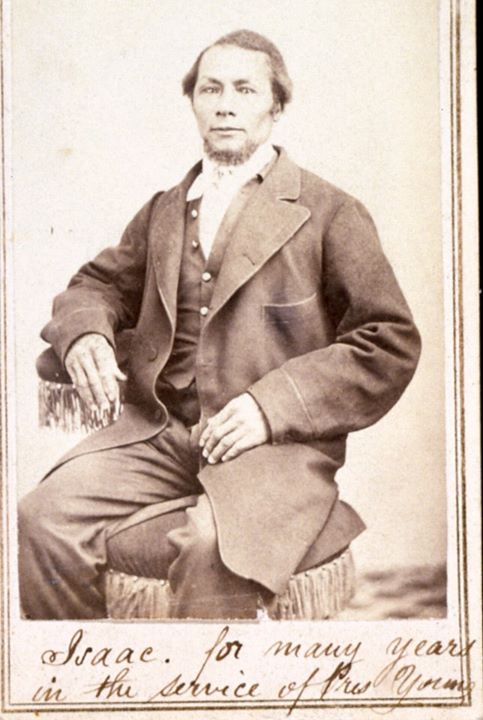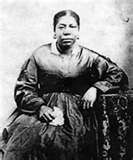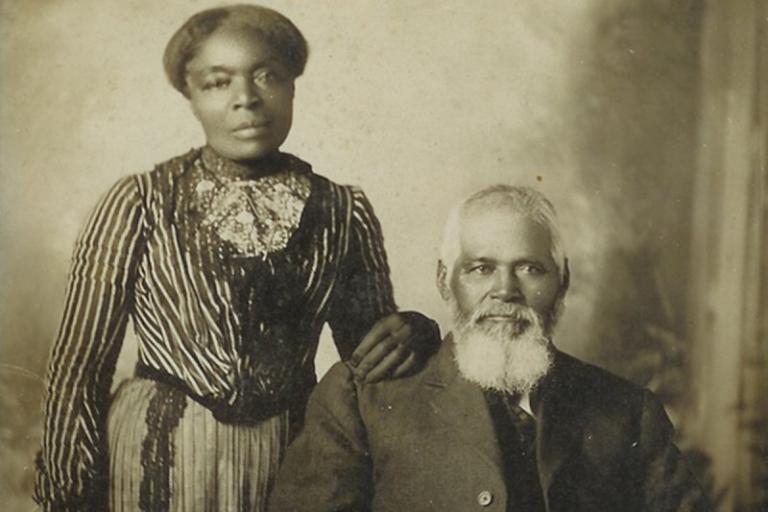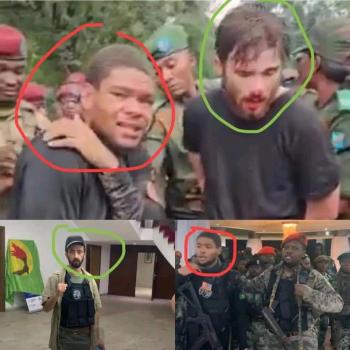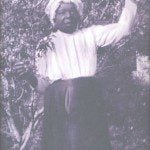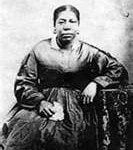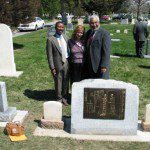Here are the photos of Jane Manning James and her husband, Isaac. Though the two were divorced, Jane welcomed Isaac back into her home during the last year of his life and cared for him until he died. His funeral was held at her home.
I am told that today, November 23, 2014, President Dieter Uchtdorf spoke of Jane Manning James in a conference which was broadcast to church memberrs in Africa. Some have asked that I share a few more stories about Black LDS pioneers. I am happy to comply.
This photo shows Samuel and Amanda Chambers. Amanda was Sam’s second wife. His first wife had either died or been sold off, as both she and Sam were slaves. This is Sam’s testimony in his own words:
I was not so well placed as these young brethren here, most of you were born in the church. I was born in a condition of slavery, and received the gospel in that condition. I realized I had done right. I received the spirit of God. I was only between 12 and 13 years of age. I was from 23 to 25 years and never heard another word of the gospel. After the war I was made free, then I went to work 4 years and made money and came out here. It is not only to the Gentiles but also to the African, for I am of that race. (Samuel D. Chambers, December 8. 1874)
I am indebted to historian Bill Hartley for his relentless work on Sam’s history. Bill discovered the transcripts of testimonies from the 8th ward in Salt Lake City, where Sam lived, and brought them to light.
Samuel Davidson Chambers did not join the pioneer trek with other Mormons in 1847. He was still enslaved, having been baptized in 1844, seventeen years before the Civil War began.
As did so many slaves, Sam saw his family divided when his mother was sold off. Later, it was his wife who was taken, though the records are unclear as to whether she died or was sold.
Slaveholders often disregarded family relations among their “property” and easily separated parents from their children. As we review the horrors of slavery, these divisions are particularly heart wrenching. The act of splitting up a family, especially when done by compulsion, should motivate us to reassemble what was fragmented, to speak their names. We recognize each name as sacred, the one thing that survives on a tombstone to remind us that a life was lived, grief borne, joy celebrated. Each belongs to parents, usually to a spouse, to their children.
Samuel Chambers was born May 21, 1831, in Pickens County, Alabama, but was soon sent to Mississippi. There, he heard Mormon missionaries and was persuaded that their message was true. Elder Preston Thomas secretly baptized him at night. Sam was between twelve and thirteen years old, though when he reflected upon his youth in later life, he did not find it strange that he should have found his faith at such a young age. “Joseph was a boy and also Samuel, and the Lord spoke to them, so we see the Lord is willing to speak to boys,” Sam said on December 14, 1875. He kept this secret baptism to himself until his emancipation, and later testified, “I did not come to Utah to know of the truth of the gospel, but I received it away back where the gospel found me.”
Here is another man born into slavery. His name was Green Flake. He came from Mississippi to Nauvoo, and then jouneyed from Nauvoo to Winter Quarters and finally to Utah. In that trek to Utah, he was in the vanguard pioneer company. When he was asked about slavery, he replied candidly, “Being a slave is all right–if you just want to be a slave, that is. But most colored folks wanted a better life… When you’re a slave, you cannot dream your own dreams or make your own plans.” Green was a loyal Latter-day Saint from the time of his 1844 baptism until his death in 1903. He was known during the final years of his life as “the best damn missionary in Idaho” (Oz Call).
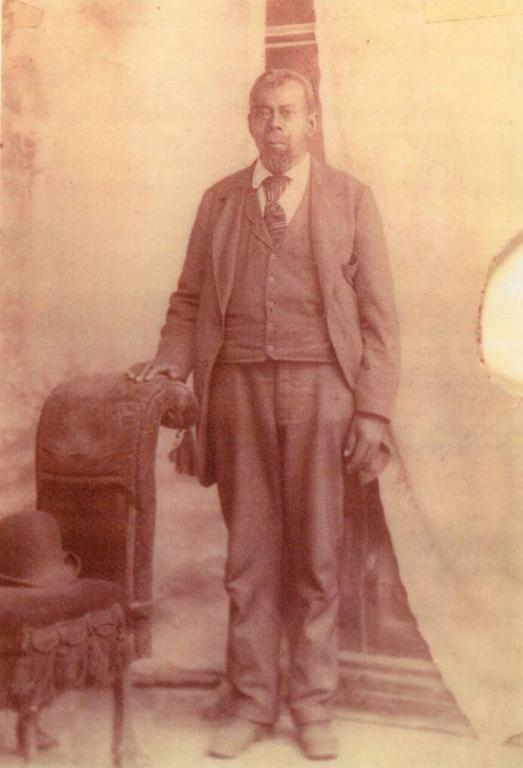
I will post more stories next week.


